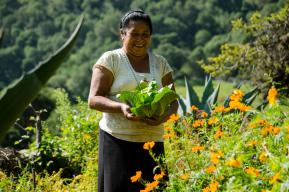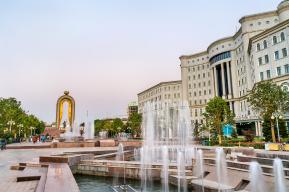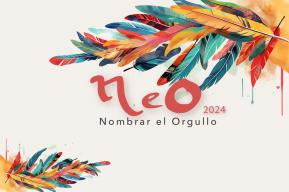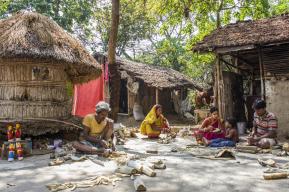Project
Diversifying the Music Production in Tajikistan

Overview
Funds Allocated: 85 000,00 USD
Period: 2012 to 2013
Beneficiary countries: Tajikistan
Applicant: Bactria Cultural Centre
Presentation
The project aims to develop Tajikistan's music industry through capacity-building, access to technology and information and direct support to young and emerging musicians. The Bactria Culture Centre was established in 2001 in Dushanbe by international NGO ACTED, in order to support visual arts, art education, language development and music in Tajikistan. In the domain of music, the Centre addresses local musicians’ limited access to information and vocational training. Its focus is on the development and capacity building of the country’s music industry. The Centre offers a venue to musicians where they can freely practice their art and perform in front of audiences. It also organizes workshops and master classes that provide training in a variety of musical styles.The Centre benefits from partnerships with both international and local stakeholders such as BBC, Global Music Center, Future of Music Coalition, Gurminj Museum, Shashmakom Academy and Tajik National Conservatory.
Key results: 32 public events involved support or were directly organized by trainees. Over 18000 people attended these events. 50% of the trainees found jobs.
Local context
Even though Tajikistan’s music scene has witnessed an emergence of contemporary and alternative genres, with young artists playing jazz, fusion, rock and rap styles, music production is confined to a small group of individuals and businesses that prioritize a few limited genres of music. This core problem stems from the low expertise of Tajik nationals in music technology and management, the isolation of individual artists, and the extremely limited access to musical instruments and recording equipment. Due to the restricted nature of Tajik music production, it is hard for young musicians to access or find tools of cultural expression and production that add to the cultural diversity of the music sphere.
The country has struggled with severe social, economic and cultural decline following the collapse of the USSR. Those issues were then aggravated by the civil war between 1993 and 1997 that forced many cultural institutions to put their activities on a standstill, or close down permanently. As a result, both traditional and contemporary segments of the music industry collapsed. With no recovery on the horizon, degradation in the quality of the music industry’s output and rather homogenous listening tastes of the general public have negatively impacted the country’s diversity of cultural expressions.
This can be attributed to several issues. Musicians are divided on both a cultural and geographical level. This is partly due to under-developed transportation and communication infrastructures between North, South and Pamir regions. As a result, musicians have limited opportunities to tour within the country. Second, there is lack of access to professional-grade equipment such as instruments, amplifiers and tools used for mixing and recording. When it is available, this equipment is imported with a considerable mark-up cost. This makes it impossible for young and emerging artists to produce music or organize concerts. Thus, the general public remains unexposed to new local trends. Then, there is a notable lack of training for professions that constitute the variety of the local music sphere stakeholders, such as managers, sound engineers, technicians and self-managed artists. Finally, lack of access to relevant information is an issue that affects musicians, technicians and the general public in equal measures.
Results
- 32 public events involved support or were directly organized by trainees.
- Over 18000 people attended these events.
- 50% of the trainees found jobs.
Main objectives
The main objective of the project is to strengthen and diversify music production in Tajikistan. The Bactria Cultural Centre does this by playing the role of a facilitator to provide capacity-building for musicians and other stakeholders in the industry.
First, the project is building music management, self-management, promotion, sales as well as sound technology skills among young musicians, managers and technicians working with a variety of musical genres. Promotion of musicians’ mobility is another key objective that addresses limited touring opportunities due to divides between different cultural regions of Tajikistan. This is followed by efforts to increase networking among music stakeholders on the domestic level, but also by building relationships internationally.
The Centre is working on the music industry’s relationship with the general public considering the key role it plays in the support of artistic activities. Increasing and enhancing access to music and recording equipment is another fundamental objective of this project. Finally, by supporting new trends and existing traditional styles, this project has a positive impact on the availability and diversity of this country’s cultural expressions.










